Most of my readers know that we have been teaching Claire three languages since she was born. And at this point, at 16 months of age, she understands Cantonese Chinese the best, and more than half the words she speaks are Cantonese.
I have no problem with this. I believe that Chinese — regardless of the dialect — is one of the most difficult languages to learn, and that our children having a good foundation in Chinese will not only help them more easily learn additional languages in the future (because you use both hemispheres of the brain with Chinese and other tonal languages), it may also be benficial if they choose to study music.
I actually took two semesters of Mandarin Chinese in college, but I only recall a few phrases here and there. 🙁 However, I still remember my very first class clearly, when my professor showed us how, by saying “ma” in different tones, you can ask, “Did mother scold the horse?”
媽駡馬嗎?
(mā mà mă ma?)
Despite my musical training, I still have difficulty differentiating between the different tonal sounds in the Chinese language. And while Mandarin only has 4 tones, Cantonese has between 6 and 9. The exact number depends on whom you ask, which makes it that much more difficult in this blogger’s opinion.
Perhaps it is easier to learn music if a tonal language is your first language, than vice-versa? That, or I am seeking justification for my difficulty in understanding Chinese. (But then again, I have always been horrible with languages in general.)
Anyway, the real reason for this post is because I recently came across a nifty scan from a Chinese instructional book which illustrates just how difficult Chinese can be:
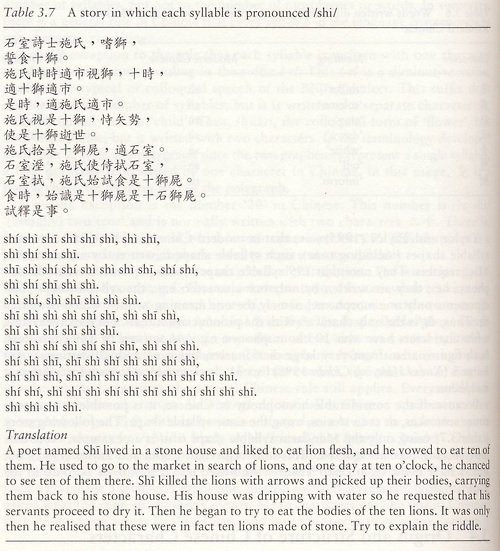
(image source)
And, just in case anyone is curious, the name of the poem is “Lion-Eating Poet in the Stone Den” by Zhao Yuanren. According to Redditor robo_t:
The poem was written in the early 20th century as both an: 1. argument against the romanization of classical Chinese 2. argument for the romanization of modern vernacular Chinese
Writing out classical Chinese often yields results like “shi shi shi shi shi shi shi”, thus making it completely uncomprehensible. A few literary movements in the early twentieth century moved Chinese away from using a single syllable per word to having compound words. This language development can actually be credited with helping modernize China and closing the gap between the literary elites and the masses.
Example: Classical – 睡 – shui – to sleep Modern – 睡觉 – shui jiao – to sleep
Adding a second character clarifies the meaning by adding a verb-noun phrase!
Apparently, most Chinese people would only understand this poem if they read it, not if they heard it.

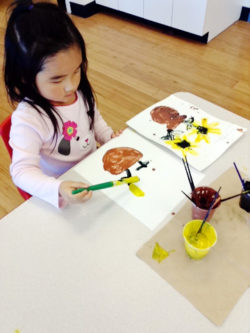

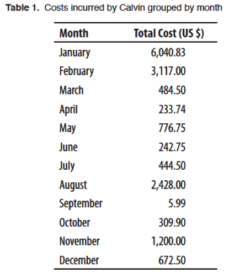
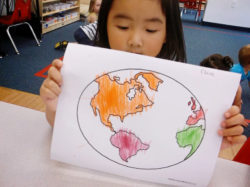

 I like books, gadgets, spicy food, and art. I dislike shopping, hot weather, and the laws of entropy. Although I am a self-proclaimed computer nerd, I still have a love for handbags and makeup... and I am always teetering on high heels. To learn more about me, visit the
I like books, gadgets, spicy food, and art. I dislike shopping, hot weather, and the laws of entropy. Although I am a self-proclaimed computer nerd, I still have a love for handbags and makeup... and I am always teetering on high heels. To learn more about me, visit the 
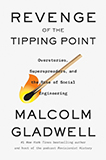

What a cool example! I’m thankful one of the first two languages I learned was Cantonese Chinese – I don’t think I’d be able to learn it now!
That is really neat! I wish I had more experience with Asian languages – I speak English and Lithuanian fluently and have studied Italian and German, but have never had a chance to learn much about Chinese.
-giedre
I have read that for most Westerners, one of the easiest Asian language to learn is Korean because it uses an alphabet comprised of 14 consonants and 10 vowels, as opposed to thousands of characters like in the Chinese language. Plus, it is not tonal. So for those who want to learn an Asian language but are intimidated, Korean is a good option. 🙂
I took 3 semesters of Mandarin in college, and really wish I had continued on with it. Every now and then I toy around with trying to pick it up some more. I would love to be able to offer my daughter a second language, but since hubs and I are an only-English household, I think that’s how it will stay. But perhaps once she’s older we can take some language classes and learn it together! I’m all for Chinese and French!
Wow, this is impressive – and difficult! I think it’s so wonderful that you’re teaching your kids early. It’s so much easier to learn as a child, and it definitely engages and develops parts of the brain that will be so helpful for other activities. One of my greatest sadnesses is that I’m not totally fluent in another language. I was really thankful that, in grad school, I had to get my German back up to proficiency, but now I’m just really good at reading dense academic German texts and translating them into readable English. 🙂
This is really interesting. I can understand and speak Vietnamese, but have no knowledge of any Chinese. This example is really provocative. Thanks for sharing. This is going straight into my database of materials to use for teaching!
What in the holy…
Yeah. No.. 🙂 Now I know why I don’t know the language.
I think the hardest part of Chinese is that it’s not just one language. Sure you have Cantonese and Mandarin but then you also have all of the other provincial dialects. My husband and I have been living out West, in Chengdu for 2 years now and it’s amazing how different the language is out here from standard Mandarin. The people here switch tones and switch sounds and have whole different words for very common things like “don’t have.” I’ve come to realize that my tones are never as important as my desire to communicate. If I’m trying my hardest to be understood, no one really pays attention to my tones…thank goodness because I never know which one to use here anymore!
For some unknown reason, I took Japanese in high school. By the time I got to my 2nd year, the teacher was saying things that were different, but sounded exactly the same to my American ears. I think it’s wonderful you’re teaching your kids several languages – they’ll be able to learn even more if they choose to much easier than most people!
I too learned Cantonese prior to learning Mandarin so I completely understand the complexity of tones. It’s funny teaching/listening to my husband!
I love the way you incorporate 3 languages into Claire’s life. Going to do this with our future kids too!
I can speak Korean, Japanese and Mandarin and i don’t think that Mandarin is THAT bad. I learned to speak it to a low intermediate level in less than six months– enough to go out to dinner speaking Mandarin the entire time with the Chinese person filling in vocab once in a while or the handy use of a dictionary, and to hang out with other people, again speaking only Mandarin, with occasional help with specific vocab. Of course, the writing system is a whole different matter.
Of course, i studied Mandarin full time for about 7 weeks and spent 2 months travelling in Mainland China during this time, but i’d imagine someone else could also reach this level by studying in their spare time over the course of a year or two, combined with intense conversational practice. Cantonese (and Vietnamese and Thai), on the other hand, completely baffle me, while Malay and Indonesian are supposed to be quite easy to learn. Japanese, however is very easy to learn if you have a base in the Korean language, and one can usually speak quite well after 1-2 years of study.